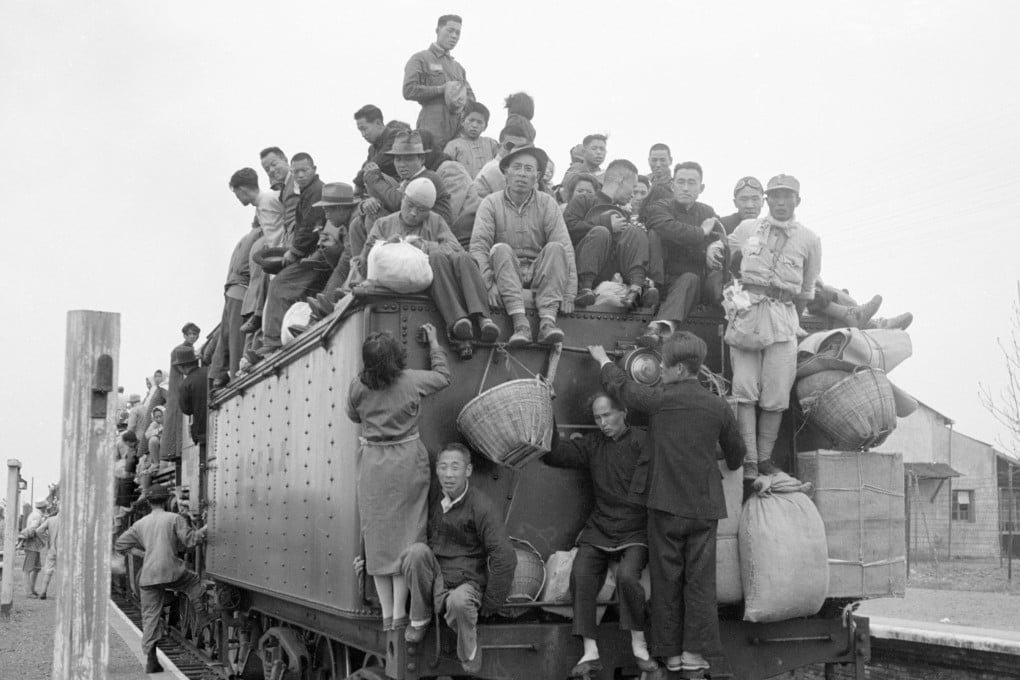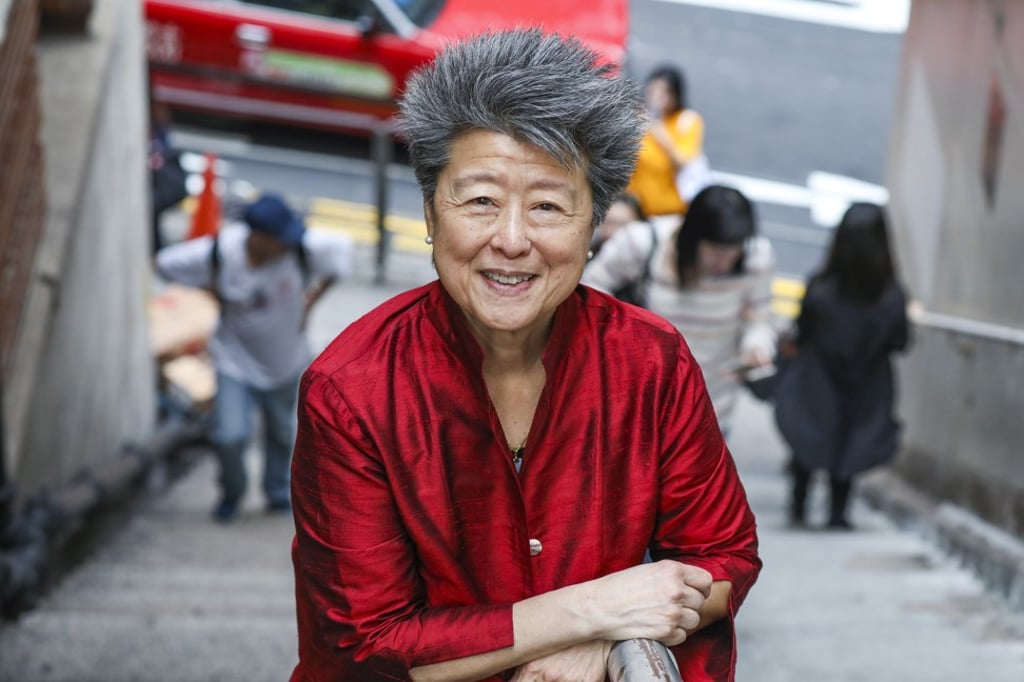When East Asians were the enemy: why fleeing newly communist China meant enduring racism
- ‘Everybody who needed to be killed had an East Asian face’ in movies and on the news, says author Helen Zia of America in the 1950s and ’60s
- Among those escaping Mao’s revolution were tens of thousands from Shanghai, including Zia’s mother, who are the subject of her latest book

Helen Zia was 19 years old when she first travelled to the People’s Republic of China. It was 1972, and just a couple of months earlier US president Richard Nixon had paid a spectacular visit to Beijing for a summit with Chairman Mao Zedong that ended China’s international isolation and set the stage for a new world order.
Zia, a former journalist who is now an author and advocate for Asian-American and other minority communities, was one of the first Americans to set foot in China after the detente. A student of Princeton University, she was part of a small group of students of Chinese descent from the US and Canada who had been granted visas to visit the communist nation as a sign of its new but cautious openness.
Before her visit, Zia had been conducting research on the country’s health care system in Hong Kong at a private facility called the Universities Services Centre. It has since been renamed the Universities Services Centre for China Studies and is now part of the Chinese University of Hong Kong.
“If you were a scholar studying China but were not allowed to visit, that’s where you had to be,” recalls Zia, adding that the centre was partly funded by the US government and had the reputation of being a CIA outpost. “Much to the jealousy of the PhDs and professors there, I had a visa to go to China.”

Before her book, Zia says, nobody had written in English about the people who endured the mass migration from Shanghai, which came close on the heels of another traumatic event: Japan’s invasion of China. “From the Hong Kong perspective,” says Zia, quoting a friend from the city, “everybody knows somebody who fled Shanghai. So why write about such a thing?”